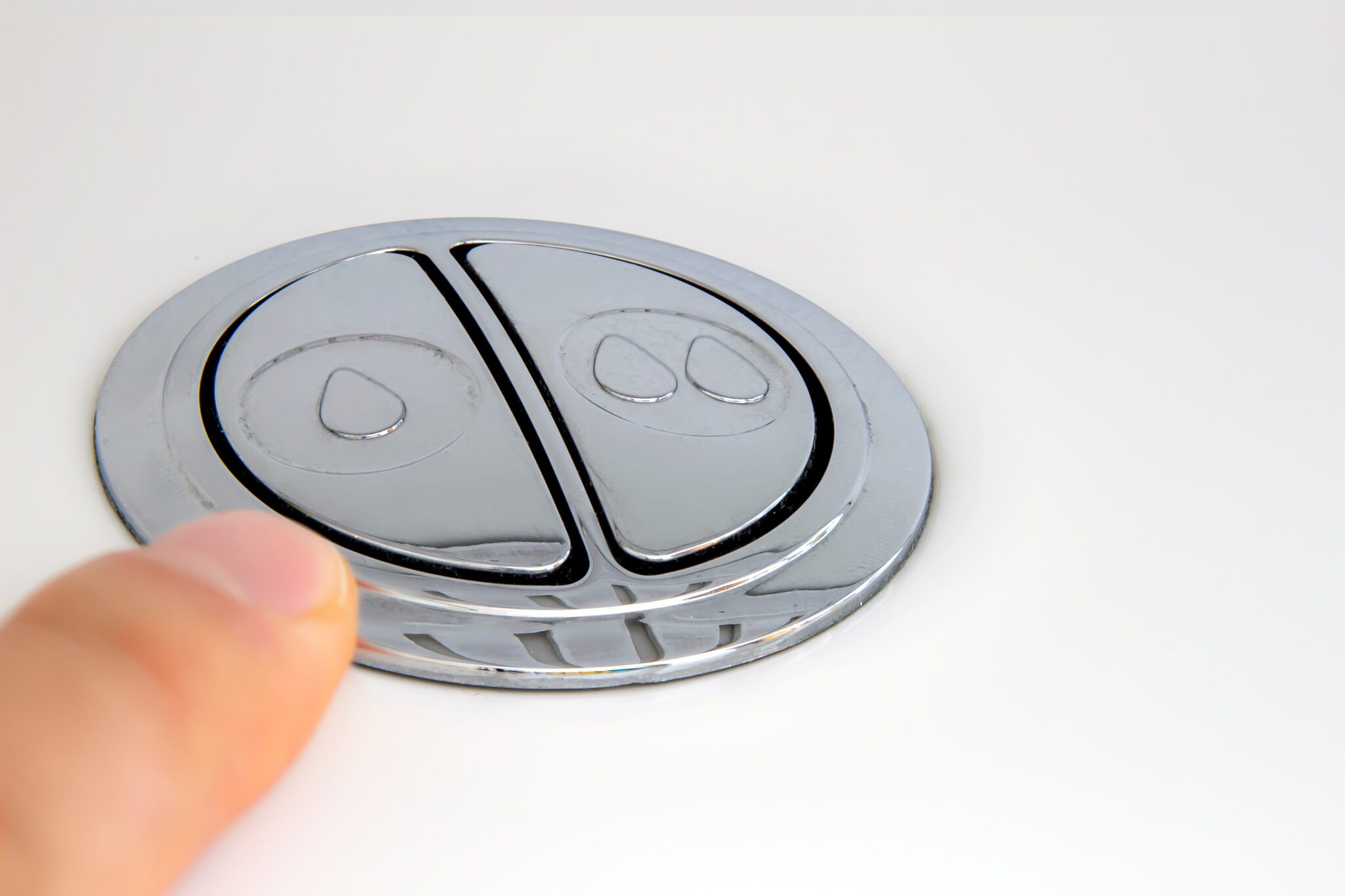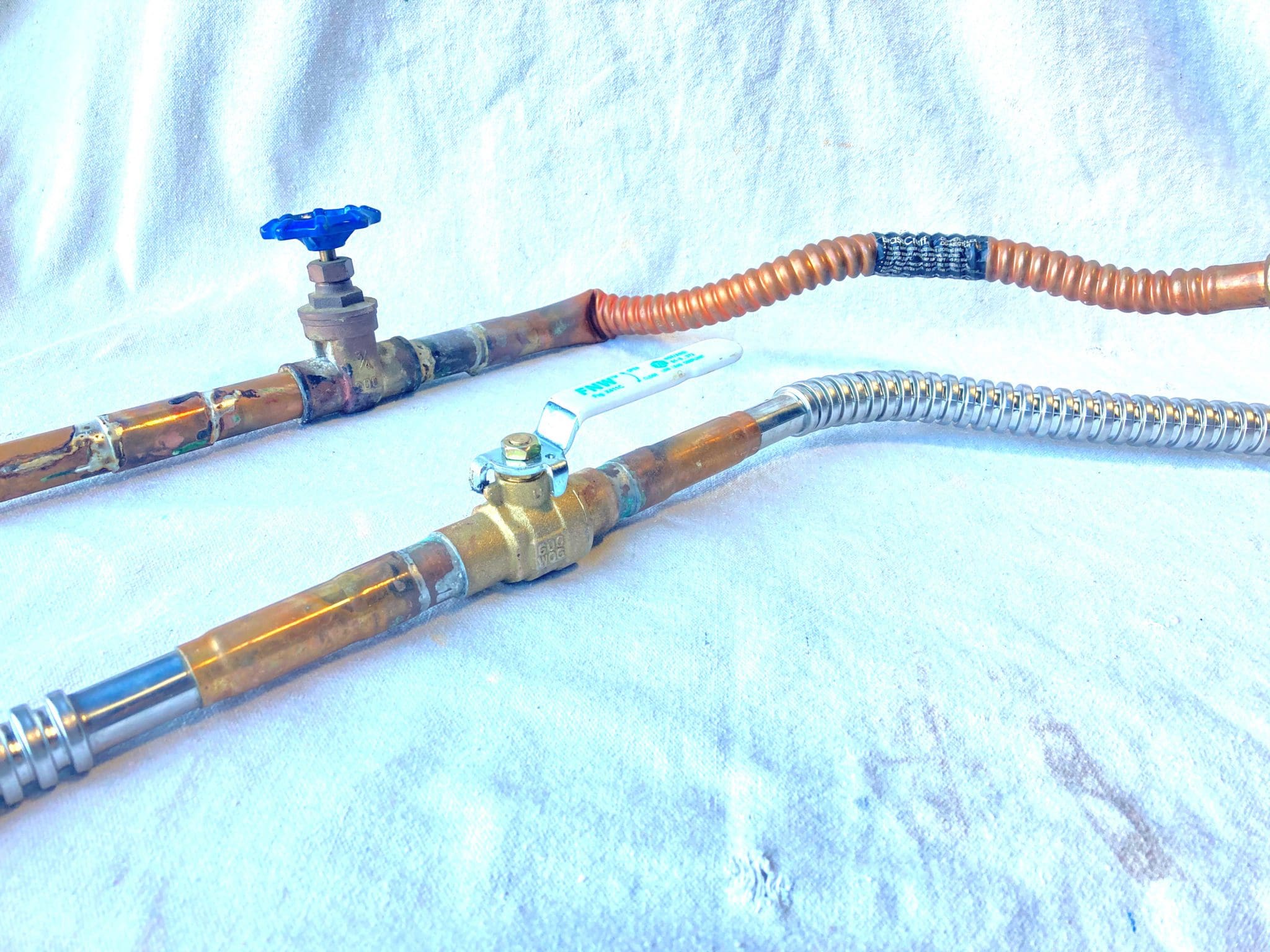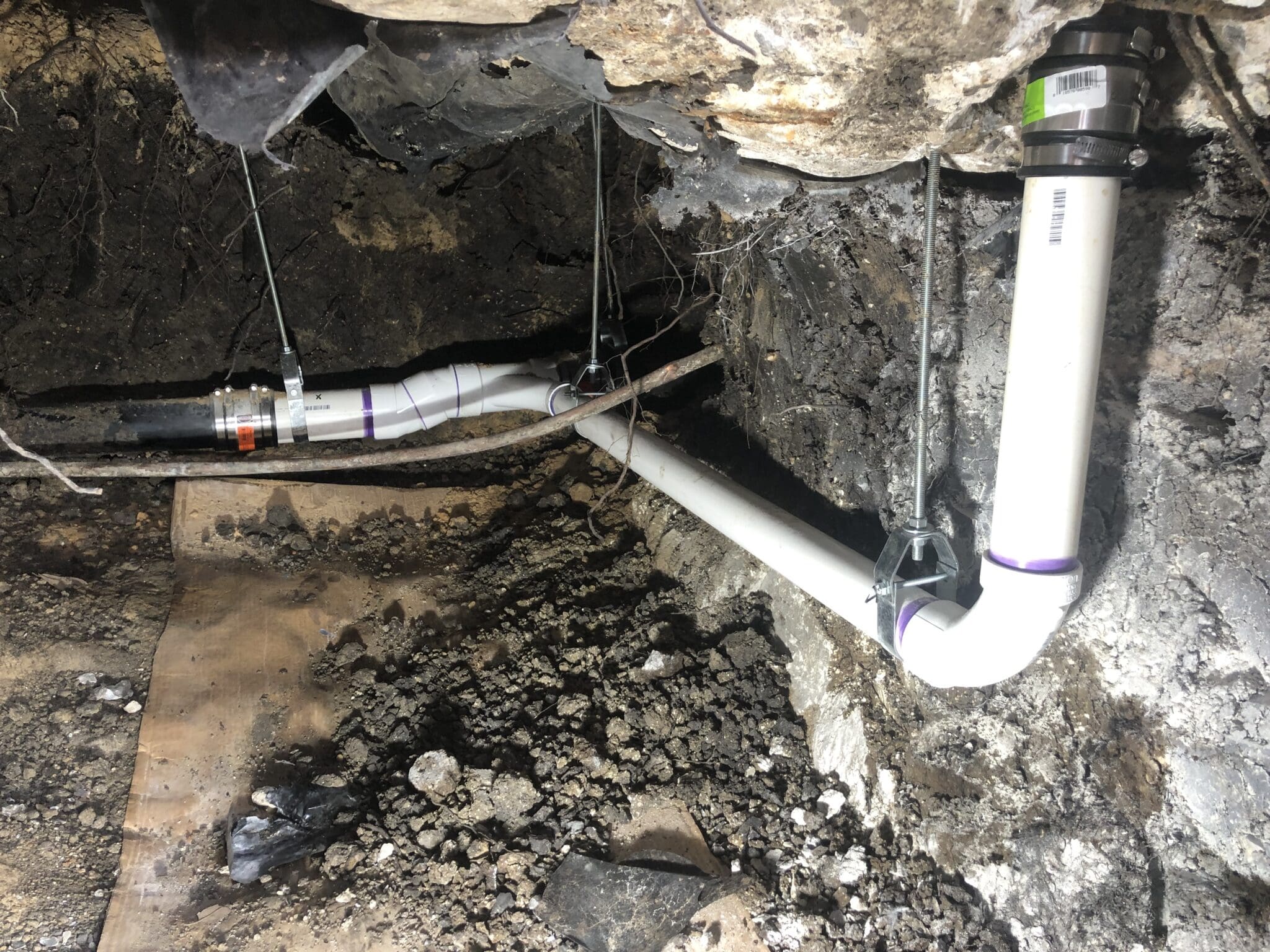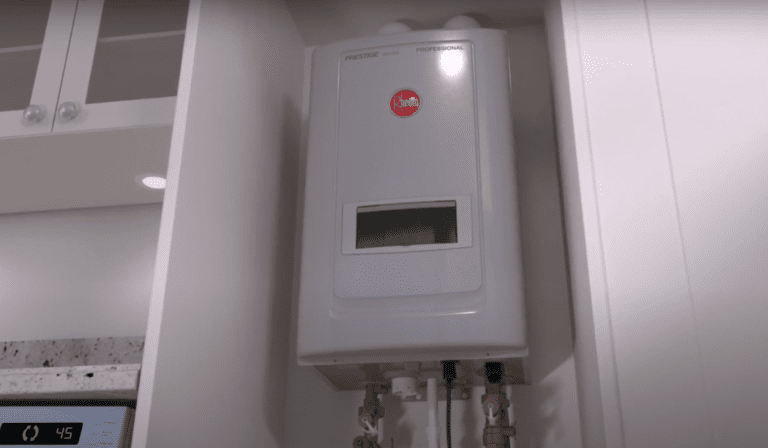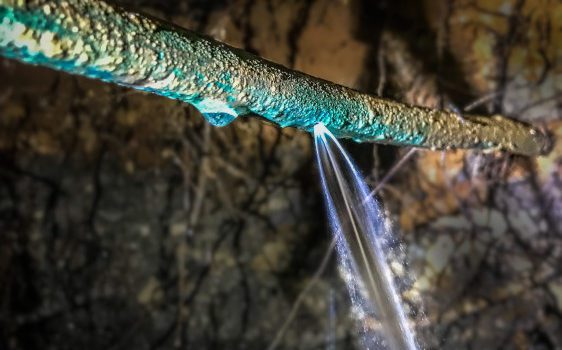Toilets are essential fixtures in any home or business. People rely on them multiple times a day without giving it much thought. However, encountering issues with your toilet, such as slow flushing, can be frustrating and inconvenient.
While some toilet problems can be fixed with a simple DIY approach, there are instances where calling a professional plumber becomes necessary. Recognizing the difference between the two can save you time, money, and aggravation.
To decide when to call in the professionals, it’s essential to understand the potential causes of a slowly draining toilet and your DIY options before contacting a plumber for help. Here’s what you need to know.
Understanding the Potential Causes
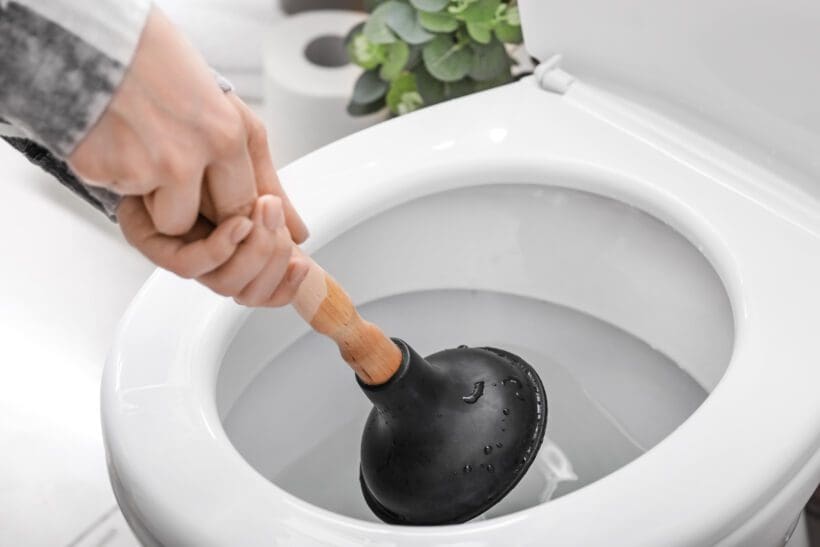
Several factors can contribute to this problem, ranging from minor issues to serious plumbing complications.
While the potential cause when your toilet drains slowly could be straightforward, it’s important to remember that a more significant issue could occur. These are a few of the most frequent culprits.
Partial Clog
One of the most frequent causes of a slow-flushing toilet is a partial clog in the pipes. Accumulated waste, toilet paper, or foreign objects can obstruct the water flow, causing the toilet to flush slowly or incompletely.
Low Water Level
If the water level in the toilet tank is too low, it can affect the flushing performance. More water might generate more force to clear the waste effectively, resulting in a sluggish flush.
Faulty Flapper
The flapper is a rubber valve at the toilet tank’s bottom. It releases water from the tank into the bowl during flushing. A worn-out or improperly adjusted flapper can prevent sufficient water from entering the bowl, leading to a weak flush.
Mineral Deposits
Toilets have small jets all around the underside of the rim, where water flows into the bowl from the tank when you flush. If minerals build up in the toilet, they can plug those holes, stopping water from entering the bowl and creating a slow flushing situation.
Blocked Vent Stack
The vent stack is a pipe that runs from the plumbing system to the roof and allows air to enter the drain system, aiding proper drainage. If the vent stack becomes obstructed by debris or nests, it can cause poor flushing performance.
Damaged Sewer Line
In more severe cases, a slow-flushing toilet may indicate a problem with the sewer line. A damaged or collapsed sewer line can impede the proper flow of waste, resulting in slow drainage and flushing issues throughout the plumbing system.
DIY Troubleshooting and Quick Fix Recommendations
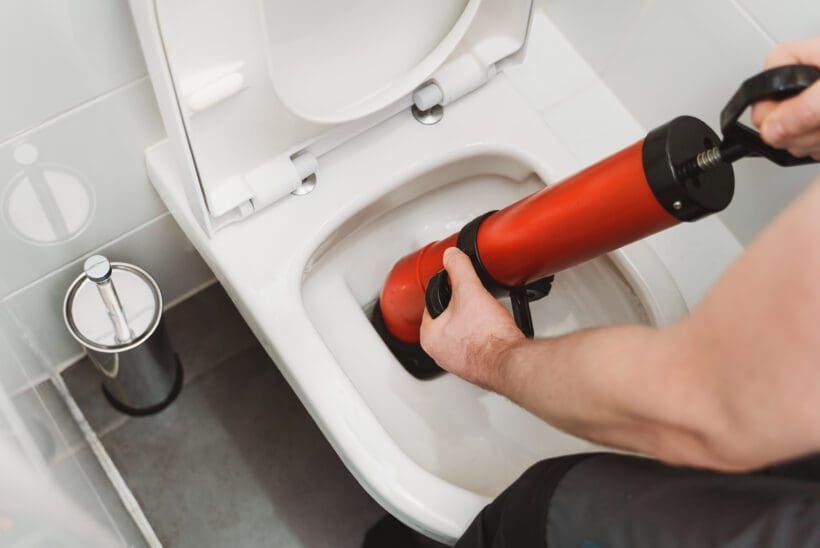
If your toilet drains slowly, it’s natural to want to fix the problem yourself. After all, that way, you can get it fixed and get back to your day without having to contact the pros to handle it. You can try a few things on your own, depending on your time and what’s available to you.
A Plunger or Drain Snake
A plunger can clear a partial clog and help your toilet flush faster. A drain snake can also help alleviate the line if you don’t succeed with the plunger.
Adjust the Water Level
Sometimes, you need to adjust the water level, allowing the toilet tank to fill up further. Then, more water will be in the tank, creating more power and speeding up the flush. This is done by adjusting the float on the toilet fill valve inside the tank.
Vinegar Down the Overflow Tube
Cleaning any mineral deposits using vinegar and allowing it to sit overnight can help your toilet flush more fully. This may make a big difference if minerals clog your toilet’s jets.
Signs That It’s Time to Call a Plumber
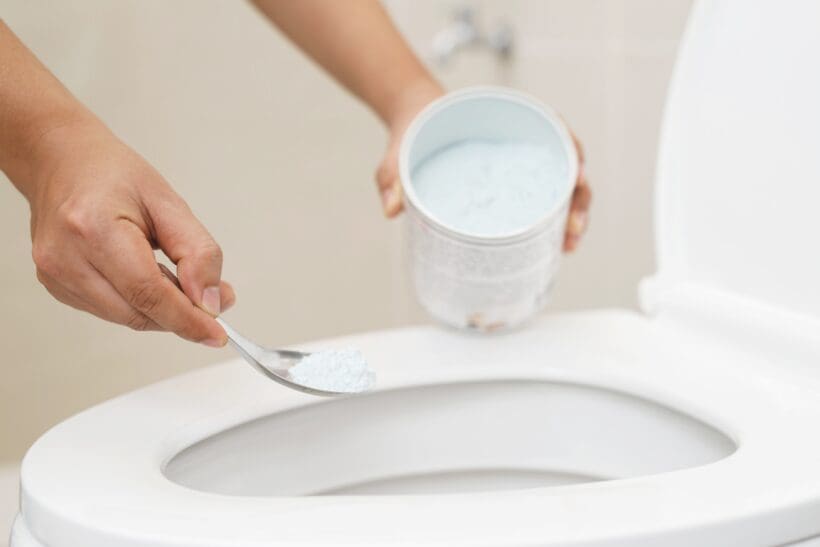
If your DIY efforts haven’t worked, or you’d instead call in the professionals right from the beginning, the next step is to reach out to a plumber.
When contacting a plumber, please provide them with a detailed description of the problem, including any relevant information about the toilet’s behavior and any troubleshooting steps you’ve already taken. This will make it easier for the plumber to diagnose the issue more efficiently and get your bathroom working again.
Here are a few of the most significant signs that you should contact a plumber to fix your toilet.
#1 Persistent Slow Flushing
If your toilet consistently flushes slowly despite your attempts to unclog it, such as using a plunger or a drain snake, it’s time to seek professional help; a plumber has the expertise and specialized equipment to handle more stubborn clogs or complex issues effectively.
#2 Foul Odors / Sewage Backup
A slow-flushing toilet accompanied by foul odors or a sewage backup suggests a potential blockage or damage in the sewer line, which requires immediate attention from a professional plumber to prevent further damage or health hazards. It could also be a compromised wax ring seal – needing the toilet removed and reinstalled with a new seal.
#3 Multiple Slow-Flushing Toilets
If multiple toilets in your home or business are experiencing slow flushing, it could indicate a more significant issue within the plumbing system. In this case, a plumber can assess the overall plumbing infrastructure and identify any underlying problems affecting multiple fixtures.
Importance and Benefits of a Professional Assessment
A slow-flushing toilet can be caused by various factors, ranging from minor clogs to more severe plumbing complications. While you can attempt some basic troubleshooting yourself, there are situations where calling a plumber becomes necessary.
When your DIY efforts haven’t worked, or you’re concerned about causing damage with the repairs you’re trying to make, contacting a trusted plumber for help is the logical choice. Especially with more complex repairs, you need someone who has the proper knowledge and expertise. Otherwise, you could risk injury or additional plumbing issues.
If the slow flushing persists, multiple toilets are affected, sewage backup or foul odors are present, DIY attempts have failed, or preventive maintenance is overdue, it’s time to seek professional assistance. A plumber will have the knowledge, experience, and tools to diagnose the problem and provide the necessary solutions to restore your toilet’s proper functionality.
With so many benefits of hiring a plumber, you can feel confident it’s the right choice for your slow-draining toilet causes and other concerns. Reach out to a licensed, trusted Texas plumber today and get help for any issues with your home or business toilets.







